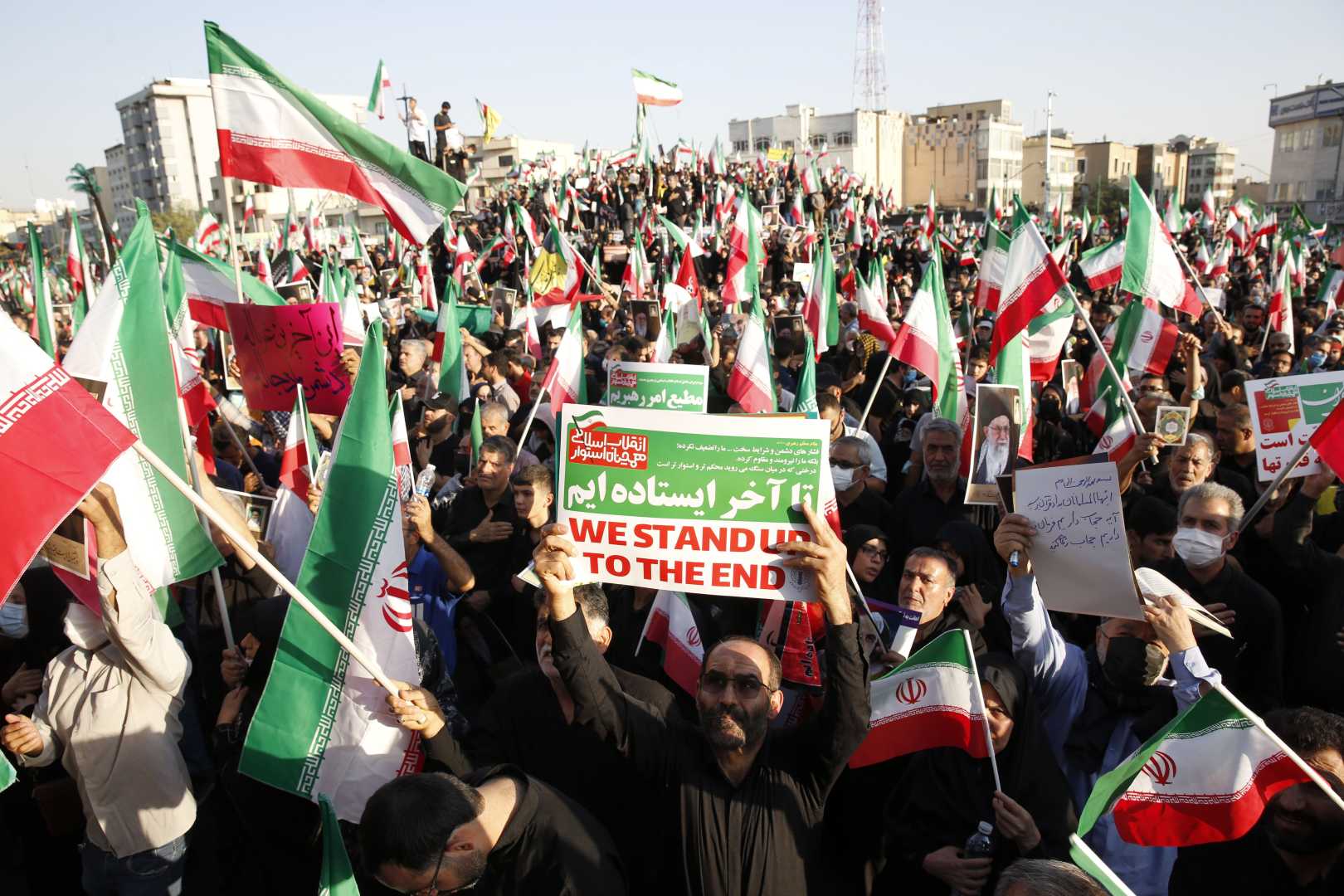World
Over 100,000 Iranians Defy Internet Restrictions with Starlink

The number of Iranians using Starlink, a satellite internet service developed by SpaceX, has surpassed 100,000, according to a senior industry official. This surge in usage highlights the public’s defiance of government-imposed internet restrictions, particularly following the 2022 Woman, Life, Freedom protests.
Pouya Pirhosseinlou, head of the Internet and Infrastructure Committee at Tehran’s E-Commerce Association, revealed that satellite internet usage in Iran increased 20-fold in 2024, with over 30,000 unique users contributing to the growth. “Over 30,000 unique users are utilizing satellite internet, suggesting that the total number of satellite internet users exceeds 100,000,” Pirhosseinlou told the Iranian Labour News Agency (ILNA).
Starlink’s popularity in Iran stems from its unrestricted access and high-speed connectivity, features largely absent in the country’s heavily censored internet environment. Iran ranks near the bottom of the global Internet Freedom Index, with the government frequently blocking platforms like Telegram, Instagram, and X (formerly Twitter). Authorities have also arrested individuals for online statements deemed critical of the regime.
The service gained prominence after the death of Mahsa Amini in 2022, which sparked nationwide protests. During the unrest, the government imposed internet blackouts, prompting many Iranians to turn to Starlink for uncensored access. In December 2023, Forbes estimated that 20,000 Iranians were using the service, a number that has since quintupled.
Despite its official prohibition, Starlink has become a critical tool for bypassing censorship. The U.S. government’s decision to lift certain export restrictions on internet services to Iran in 2022 enabled SpaceX to provide access in the region. However, Pirhosseinlou warned of the economic impact, stating, “Using Starlink is the most expensive method of internet access, which disrupts the communications economy, drains hundreds of millions of dollars in foreign currency from the country, and diminishes hope for domestic improvements to internet services.”
The Iranian government has sought to curb Starlink’s influence, lobbying the International Telecommunication Union (ITU) to exclude the country from satellite internet coverage. Former Deputy Minister for Information and Communication Technology, Nasrollah Jahangard, previously stated that SpaceX must comply with Iran’s regulations or face disruptions to its coverage.
Despite these challenges, the growing adoption of Starlink reflects widespread dissatisfaction with Iran’s government-controlled internet infrastructure. As NasNet, a group working to make Starlink accessible in Iran, noted, “Soon the number of users will reach millions, and the governance of the internet will be completely removed from the hands of the government.”












